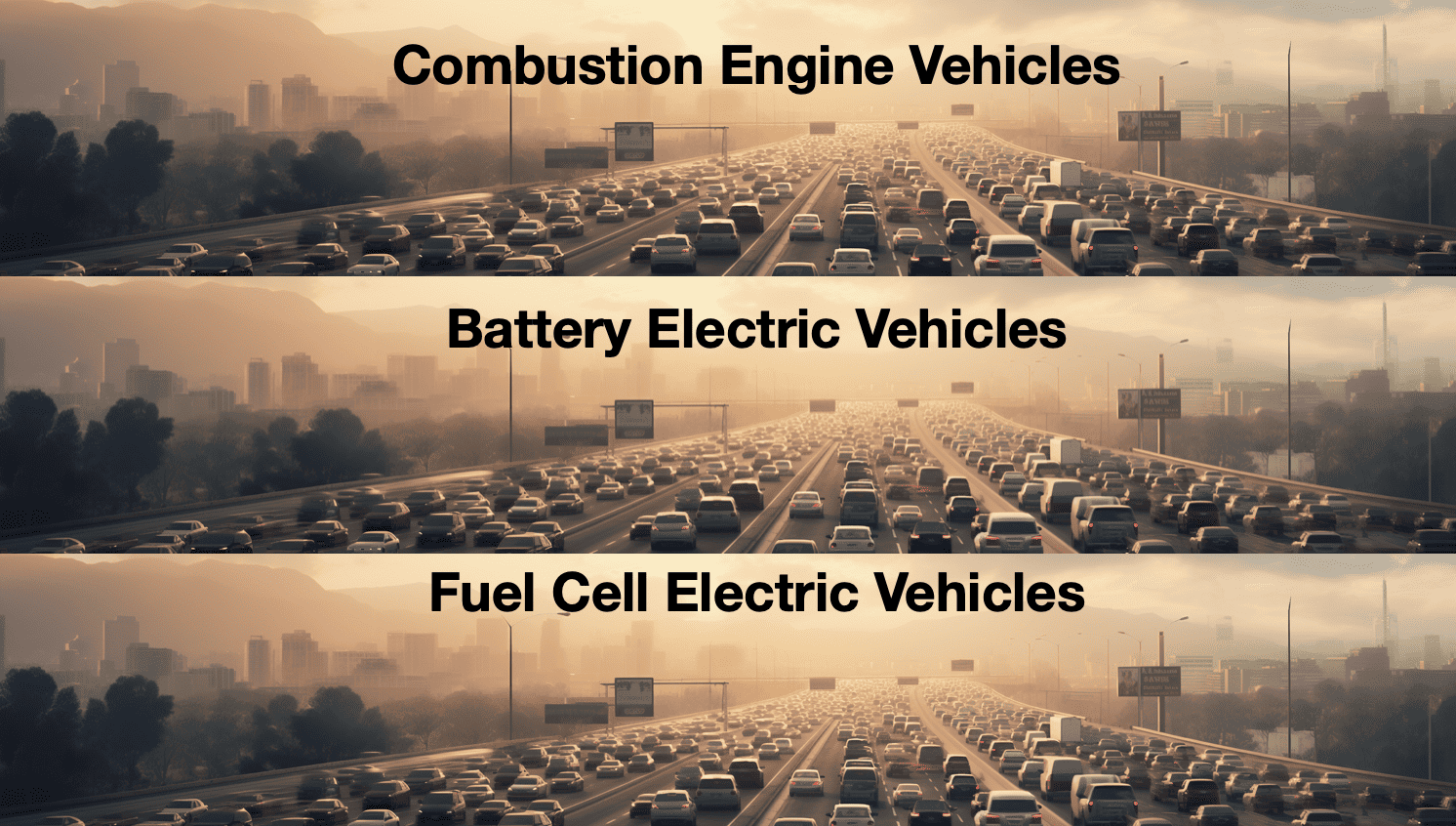
For many e-mobility fans, the new drive has already won. Growth rates are higher than those of internal combustion engines almost everywhere in European markets, the efficiency of electric drives is unmatched, and even the indirect emissions of electric vehicles appear to be far below those of internal combustion engines. So all is well?
Apparently not. In almost all European mainstream media, articles are doing rounds that rehash old stories. The electric car and its technology are being questioned here and there by cleverly placed articles. At least that’s what the Youtube channel “Fully Charged Show” under the leadership of Robert Llewellyn believes. The title: “Who’s TRYING to KILL The ELECTRIC CAR? And What Can You Do About It?” The title, not coincidentally, recalls the 2006 documentary “Who Killed the Electric Car.”
In a panel discussion (without any e-mobility critic present), Lllewellyn, Dan Caesar (CEO of the Fully Charged Show), and Quentin Wilson, motoring journalist known from early Top Gear publications, rambled on about this and that. About the lobbying of the combustion and oil industries, about the uninformedness of society (except the viewers of the show), and let 200% of fans of the electric bubble have their say in the comments. This was sometimes reminiscent of the “aluhat wearers” and followers of other conspiracy theories. Monty Python’s “The Life of Brian” briefly came to mind – “He said Yehovah.”
Clickbait denounced
The three discussants denounce the “clickbait” argument in the press and internet portals. With ever more controversial headlines (if possible, with “Tesla” in the title), more readers will be caught. The latest example is the fire of a car freighter off the Dutch coast. Without having any certain knowledge about it, burning electric cars is identified as the disaster’s cause. Llewellyn is likely to logically categorize the coverage as further evidence of the concerted anti-electromobility campaign.
Is there such a campaign?
As the publisher of a portal that takes a – critical – look at electromobility, I dare to doubt it. The classic OEMs are indeed trying to keep combustion engine production simmering as long as possible, but that’s legitimate. Especially since they are at least 5-6 years behind the pioneers of electric mobility, especially Tesla. On the contrary, the anti-EV course of the early years is changing for the better as more electric cars from traditional OEMs hit the market.
This is because the OEMs know pretty well that electromobility – at the moment – seems to be the only alternative in individual transportation. Even though more and more critics believe that replacing all the world’s combustion engines with electric cars can hardly be effective.
No change in the fundamental traffic problems
Because even electromobility would then be unable to solve the pressing problems caused by growing individual traffic. A Youtube channel called “Geoff Buys Cars” therefore saw fit to publish a replica of the Fully Charged discussion. Geoff is a petrolhead, and he makes no secret of it. Nevertheless, he asked some smart questions in his response:
- Where do battery materials and raw materials come from?
- What is the environmental impact before an EV rolls out of the dealership?
- Is there even sufficient infrastructure?
- Do insurers even know how to handle an accident?
- Do EVs possibly cause more damage because of their weight?
- Why is the depreciation of EVs so high compared to combustion cars?
- What happens to people who can’t charge at home?
- Is electric mobility the best way to protect the environment?
Now, some will roll their eyes and mutter that these questions have long been answered. But are they? For fans of electromobility, these questions have (largely) been answered, but the average consumer is still asking them.
The future viewed through rose-colored glasses
Is the future secure once the last combustion engine has been scrapped and replaced by a Stromer? No e-mobility fan who is honest with himself can believe this, and yet the vast majority of early adopters act as if this realization is hardly relevant. Because right now, they are among the good guys helping to “save the planet.” Really?
Critical questioning
One should never stop critically questioning the status quo. Sure, e-mobility will make transportation cleaner, but the costs and new environmental impacts will be more complicated to calculate. Neither clickbait nor conspiracy theories are helpful here – but a fair amount of critical assessment and objective clarification is.

